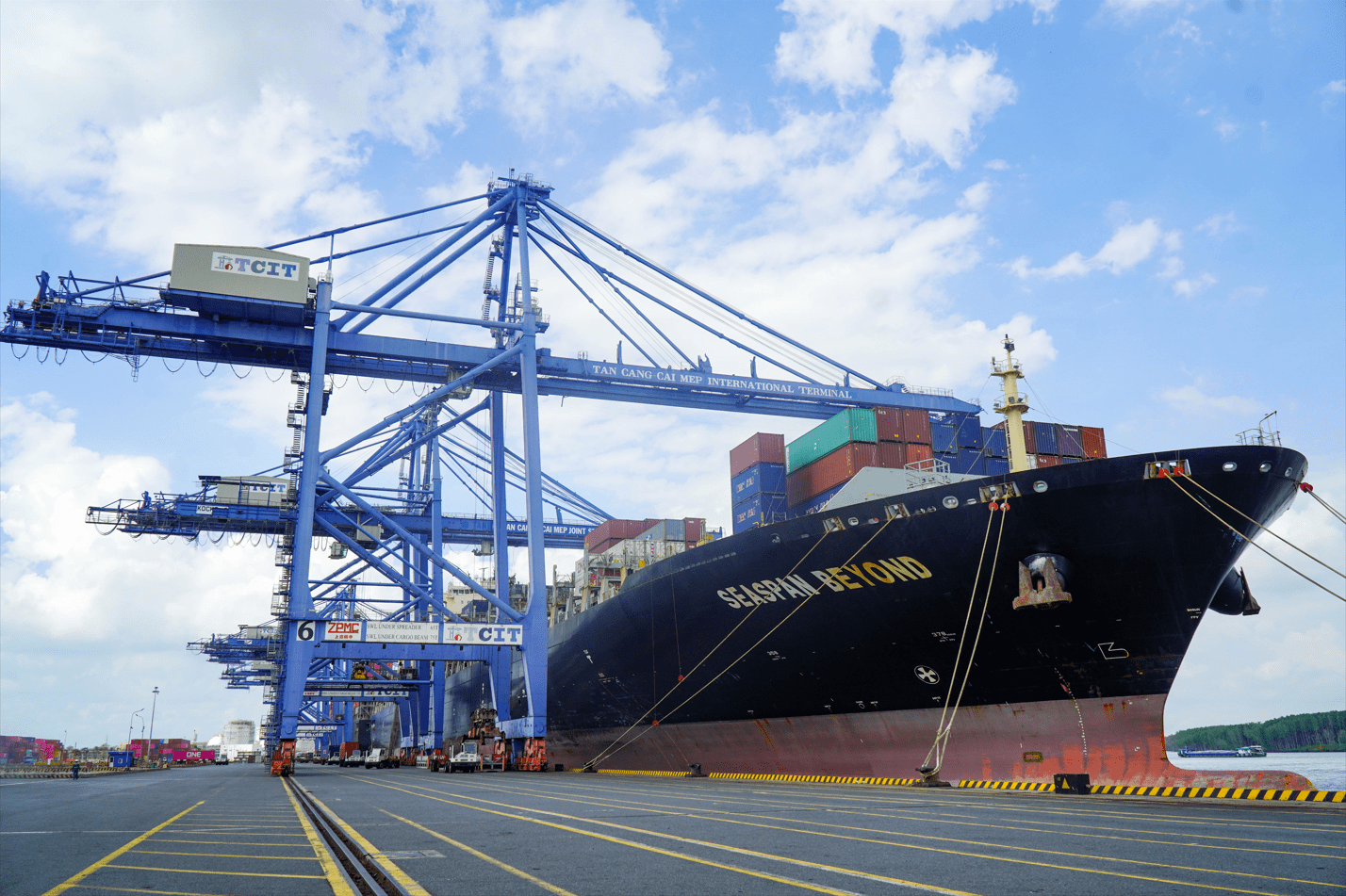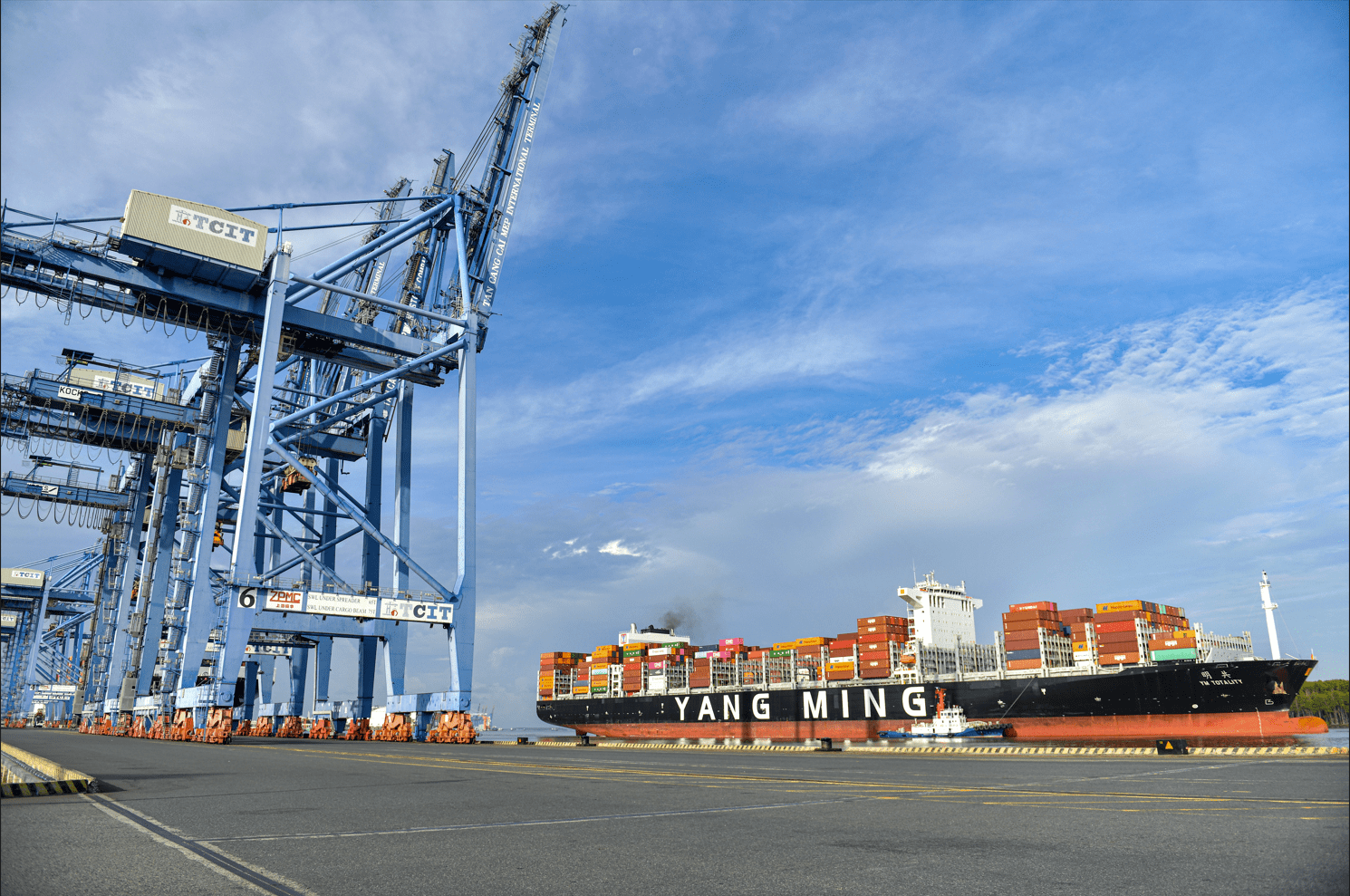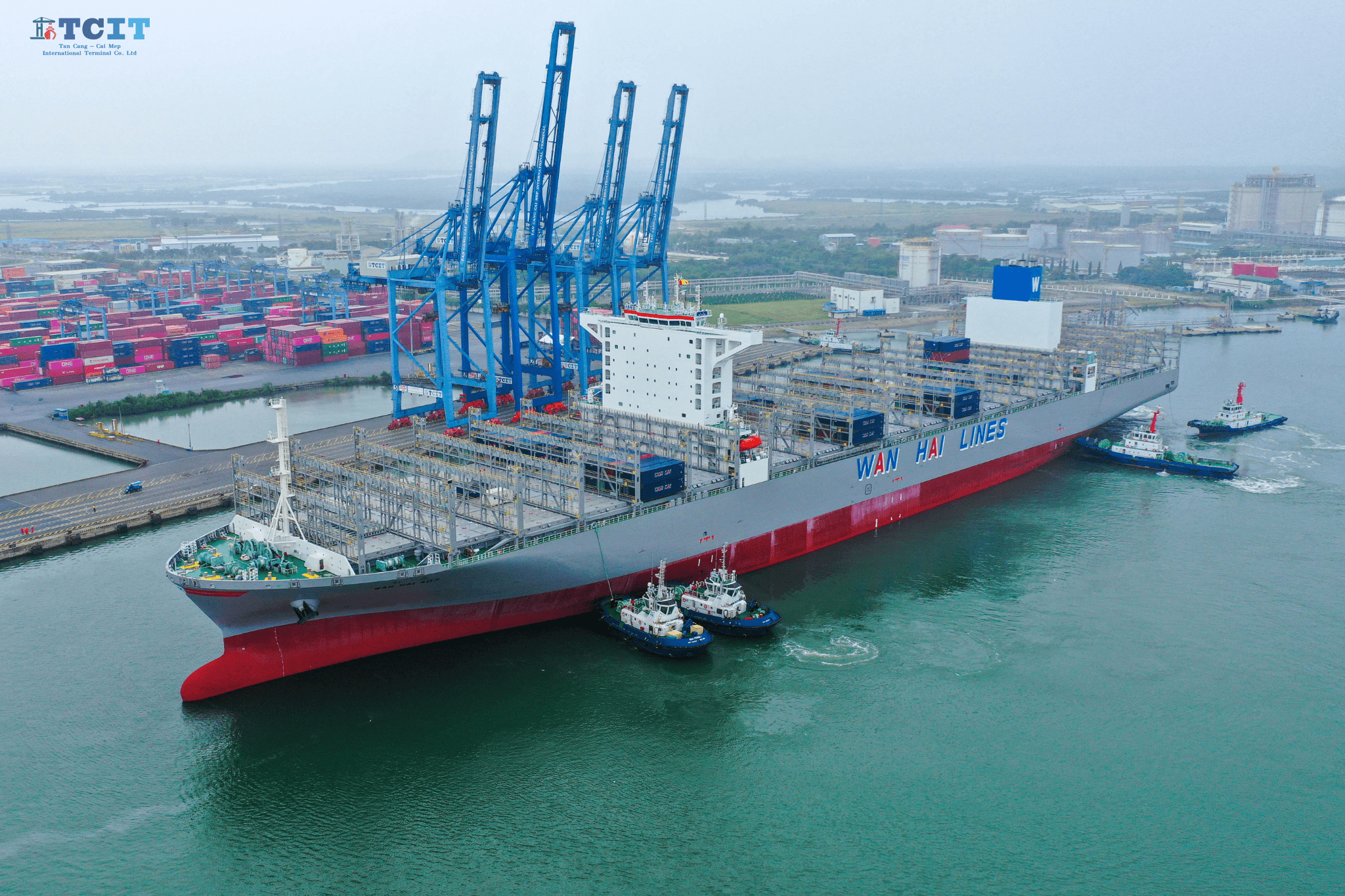Germany’s shipping major Hapag-Lloyd has dismissed reports that its French counterpart CMA CGM proposed a merger between the parties.
Reuters reported that CMA CGM, the world’s third largest shipping firm, made an exploratory approach to Hapag-Lloyd over a possible merger.
However, a Hapag-Lloyd spokesperson said that “there is no substance on these market rumors.”
Citing three undisclosed finance sources, Reuters explained that CMA CGM had initiated the discussions with Hapag-Lloyd in recent months in an effort to devise some form of share merger.
Reuters added that the approach had been rejected by the German company’s major shareholders, including Chile’s Compañía Sudamericana de Vapores (CSAV), German Kuehne family and HGV, which manages the investments for Germany’s Hamburg.
Pressured by an oversupply of vessels, the container shipping sector reported some of its worst performing years on record. Such depressed conditions led to a wave of consolidation in recent years, shrinking the number of global container lines.
While some container shipping companies had to pull out of the business, a number of others were forced to combine with their counterparts in order to survive market headwinds.
Evergreen goes PrimeLINE
Carrier has announced that “Evergreen Line, is enhancing its operations with 3,000 containers refrigerated by Carrier Transicold PrimeLINE units, chosen for their refrigeration performance and power efficiency". Carrier Transicold is part of UTC Climate, Controls & Security, a unit of United Technologies Corp.
The majority of the PrimeLINE units are being retrofitted into 40-foot high-cube containers with the balance mounted on 20-foot containers.
Carrier emphasised that it has been providing a high level of customer support to Evergreen since 2002. “For example, Carrier Transicold instructors periodically provide refrigeration unit operation and repair programs in connection with other specialized training. This is provided for terminal technicians and ship crews at the Evergreen Seafarer Training Center in Taiwan near Taipei”.
Yang Ming Picks Low Sulphur Fuel for 2020 Sulphur CapTaiwanese ocean carrier Yang Ming Marine Transport Corporation will follow in the footsteps of industry majors such as Maersk by choosing low sulphur fuel to comply with the upcoming 2020 sulphur cap.
Namely, as of January 1, 2020, ships will be banned from burning any marine fuel with a sulphur content above 0.5 pct. The exception will be ships fitted with scrubbers.
Aside to LSFO and scrubbers owners can opt for marine gas oil (MGO) or other alternative fuels, such as LNG, hydrogen and methanol.
The decision is being announced as Yang Ming seeks to renew its fleet with 20 newbuilding boxships. These include ten 2,800 TEU containerships to be ordered by Yang Ming and ten 11,000 TEU newbuilds chartered from Costamare and Shoei Kisen.
The new ships will replace the vessels which are about to be off-hired or retired in the next 2 to 3 years.
Separately, THE Alliance, which aside to Yang Ming includes Hapag-Lloyd and Japanese merged container lines under the Ocean Network Express (ONE) brand as its members, announced they were pulling one transpacific loop from their Trans Pacific – West Coast products.
The move is being announced on the back of a brewing trade war between the US and China.
Hamburg Süd Cuts Its CO2 Footprint by 40 PctGerman liner company Hamburg Süd has reduced its CO2 emissions by 40 percent per TEUkm by the end of 2017 compared to the base year 2009, the company said in its Sustainability Report.
The reduction is in line with the company’s 45 pct CO2 reduction target set for 2020.
However, as a result of the acquisition by Danish liner giant Maersk Line, the company will no longer be able to pursue its environmental target single-handedly.
“We are confident that under the new management our fleet will continue to play its part in achieving emission reduction targets,” Hamburg Süd said.
As such the Danish liner will be in charge of defining the efficiency and environmental targets for the Hamburg Süd’s ships, taking into account that Maersk Line took over the development and management of the fleet in April 2018.
To remind, Maersk Line completed the acquisition of the German container shipping line in November 2017.
The USD 4.4 billion acquisition has resulted in the creation of a container carrier with a combined fleet of over 770 owned and chartered vessels.
Source: World Maritime News
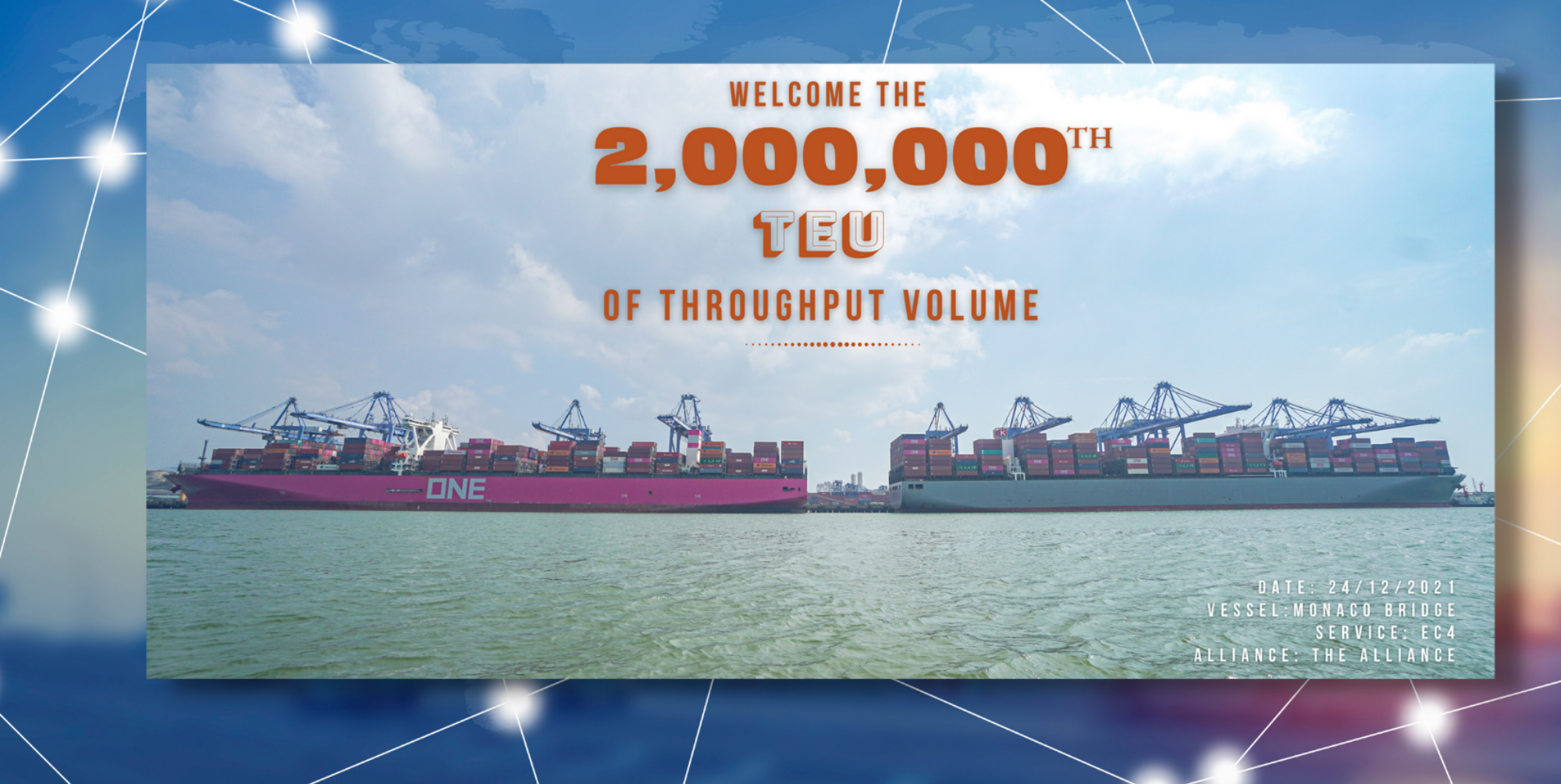
.png)

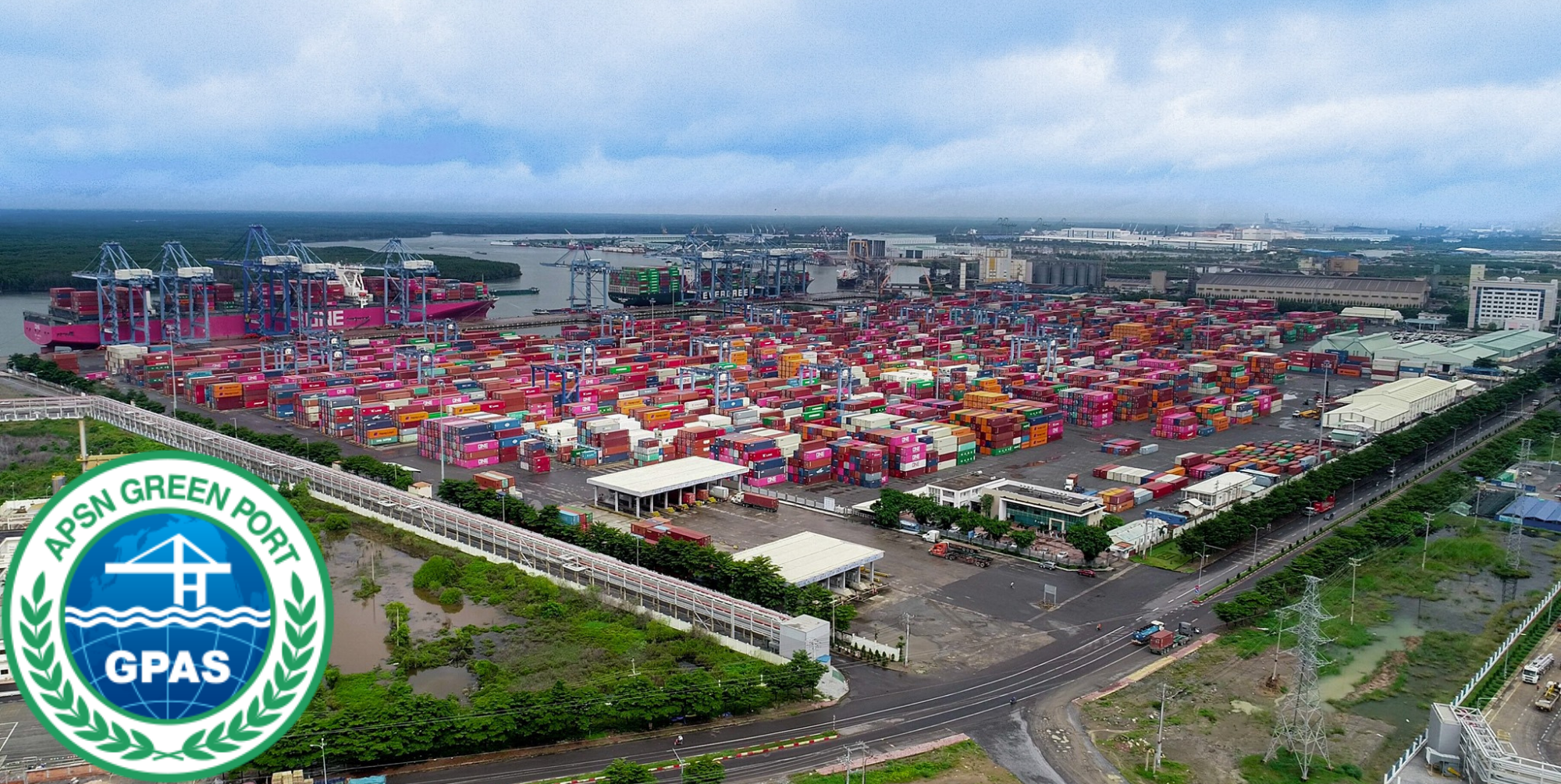

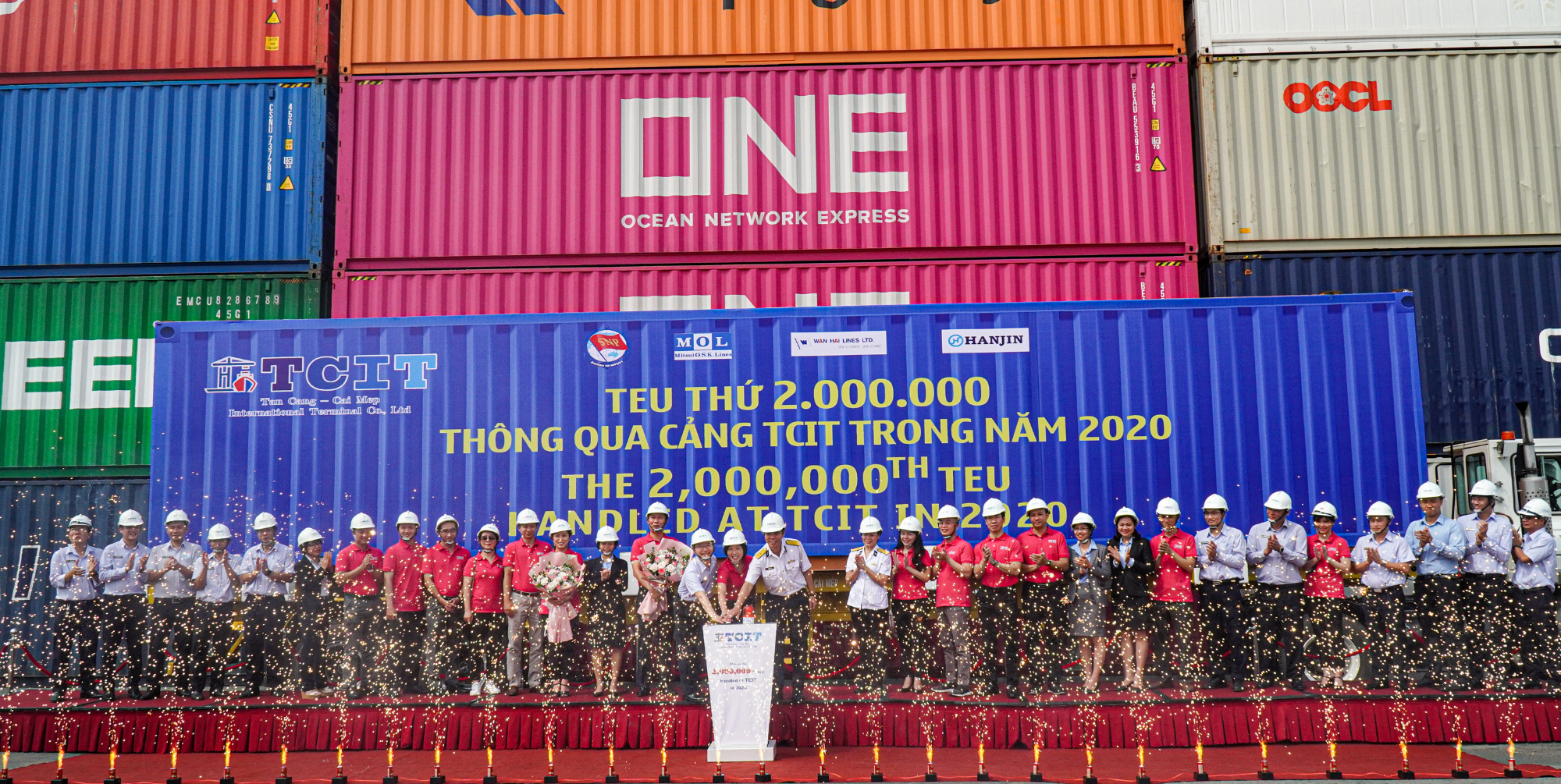
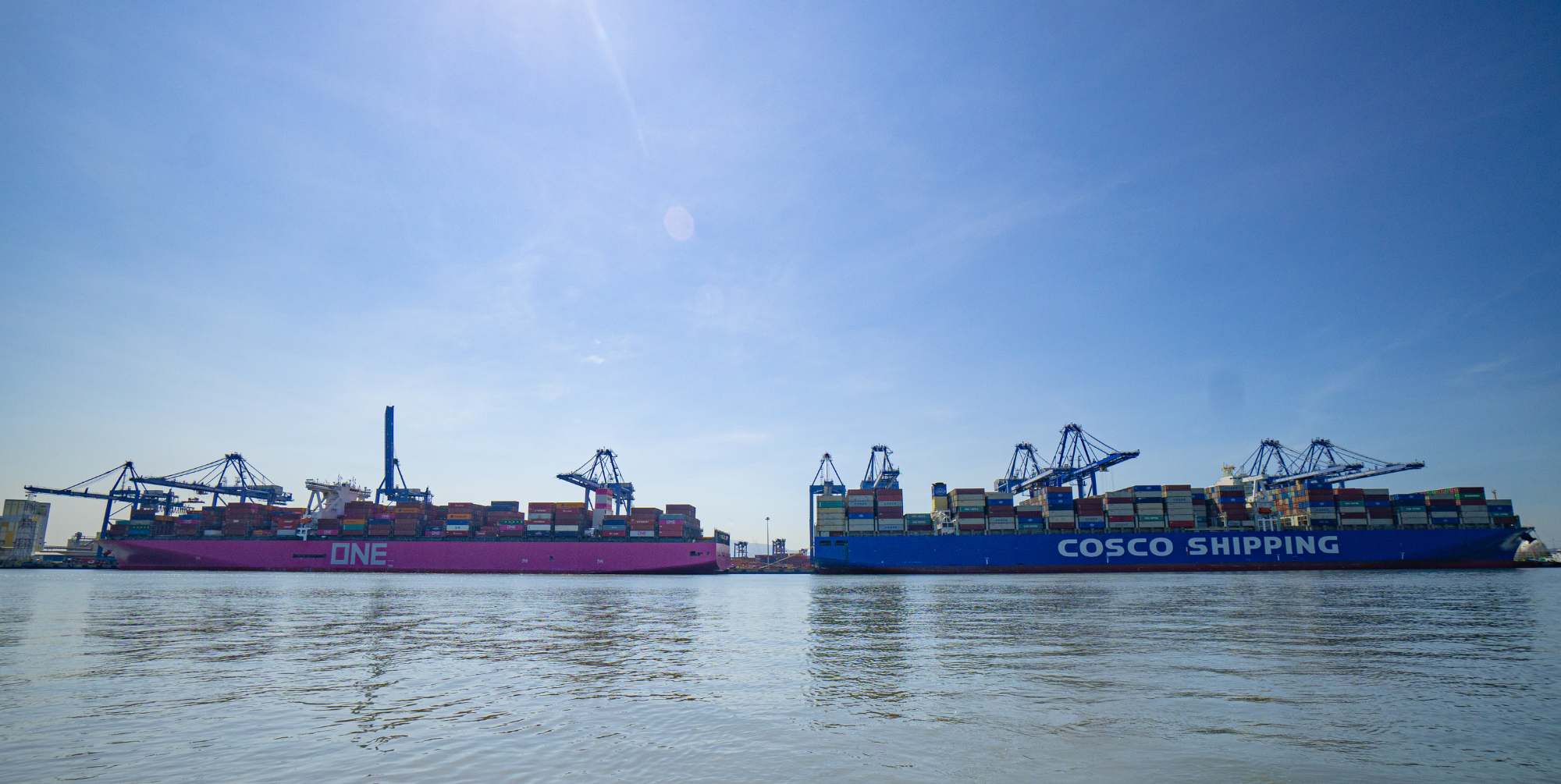
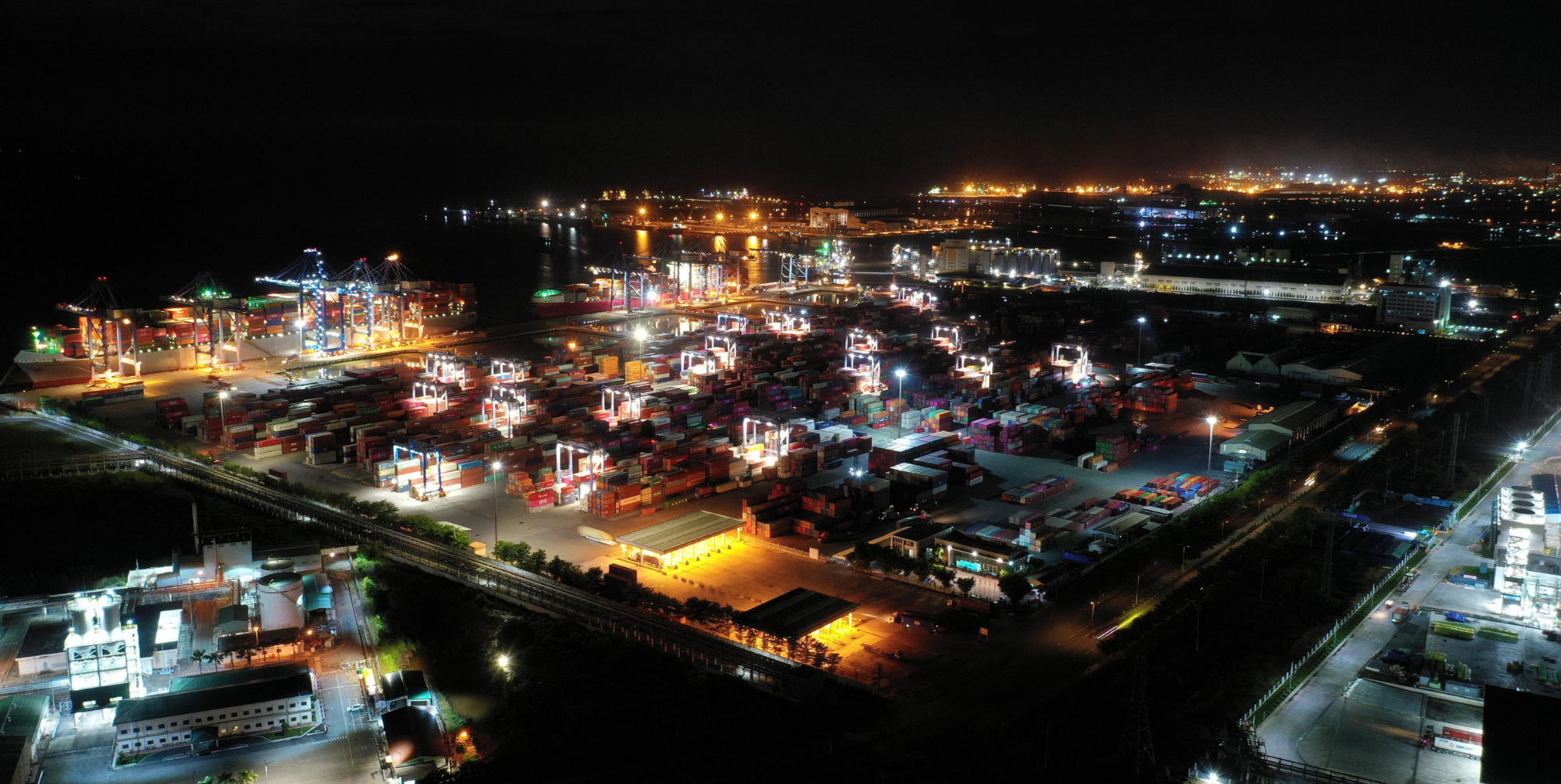
.jpg)
